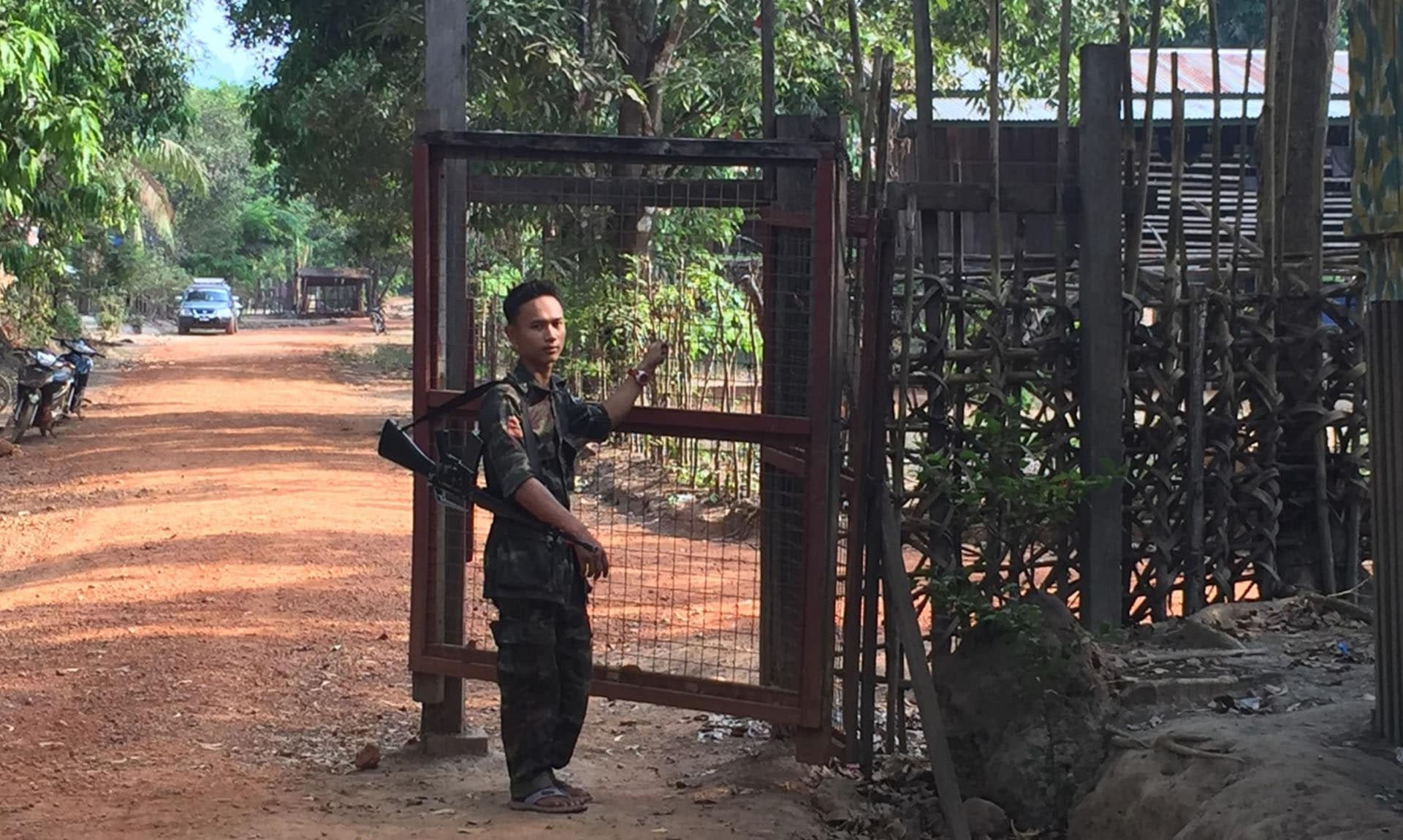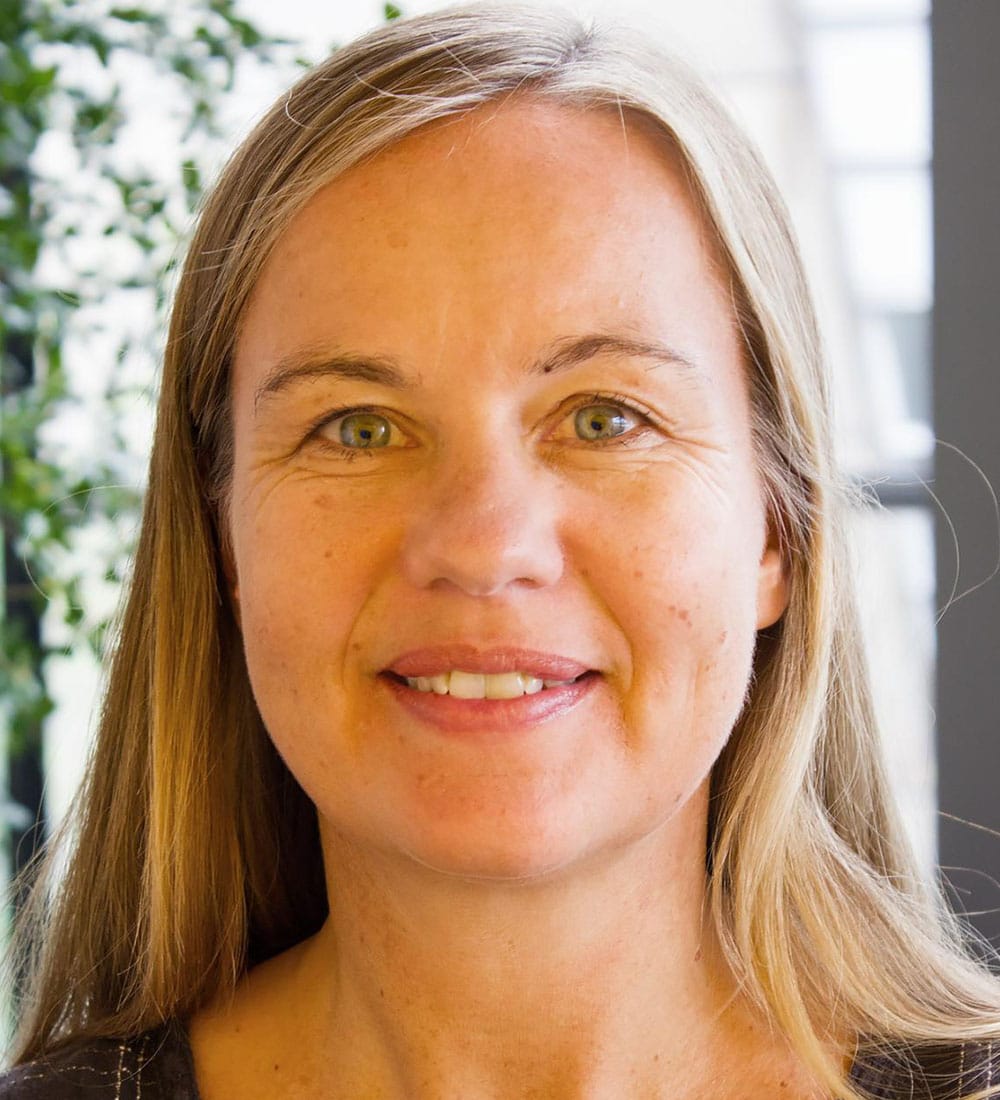In the words of the researcher EverJust project – Everyday Justice and Security in the Myanmar Transition
04-03-22

About the research project
How is authority constituted and legitimised in areas that have endured many years of armed conflict?
The Everjust project examined this question through in-depth studies of local conflict resolution, justice provision and security in the Myanmar peace and democratisation process that played out prior to the 2021 military coup. The project was the first larger Danish collaborative research project in Myanmar.
We asked Helene Maria Kyed, the project coordinator and senior researcher at the Danish Institute for International Studies, about the outcomes of the project.
The project is implemented in partnership between Danish Institute for International Studies (DIIS), Denmark, and Enlightened Myanmar Research (EMR), Myanmar, Aarhus University (AU), Denmark, Yangon University (UY), Myanmar.

What are the main results of your research?
We were the first team of researchers to uncover the plurality and dynamics of everyday justice in Myanmar, after decades of closure for independent academic studies. Through our research we have shown how ordinary people and minority groups resolve disputes, understand (in)justices and who they view as legitimate authorities in spaces with contested statehood.
This has shed light on the larger political issues facing Myanmar in the complicated transitional period 2015-2020, such as distrust in official state institutions, the critical effects of identity politics, and the contested avenues to peace and stability.
In addition, the involved Myanmar researchers have been able to publish their own work in international academic outlets, while the Danish researchers share research-based insights on the critical situation in Myanmar in the media and in government and policy circles.
What development changes did your research lead to and through which channels?
Prior to the 1 February 2021 military coup, our research findings fed into the ongoing justice sector reform process in Myanmar via channels such as UN agencies, EU funded projects and INGO/NGO efforts to improve ordinary people’s access to justice.
This contributed to identifying deficits in the official justice system and the impact of it showed in the ongoing debates about rule of law reform within the ousted NLD government.
What are the mutual benefits of the collaboration for the involved partners of the research project?
The project has been a continuous process of mutual exchanges and knowledge production between the Danish and Myanmar researchers, resulting in what we today speak about as the ‘EverJust family’.
Even in the highly risky environment since the military coup, our mutual trust and understanding has meant that we are able to continue our joint research, producing significant insights into the political developments in Myanmar as they unfold.
PhDs: Two Burmese and one Danish PhDs (co-funded)
Implementation period: 31.12.2014 – 30.11.2021.
Danida support: DKK 8,956, 885
Find more information about the project at the Danida Research Portal.
And the project website for other information, including publications.
Danida Fellowship Centre administers the development research grants provided by Denmark’s development cooperation, Danida, on behalf of the Ministry of Foreign Affairs of Denmark. See all the granted research projects.
Go back to our stories